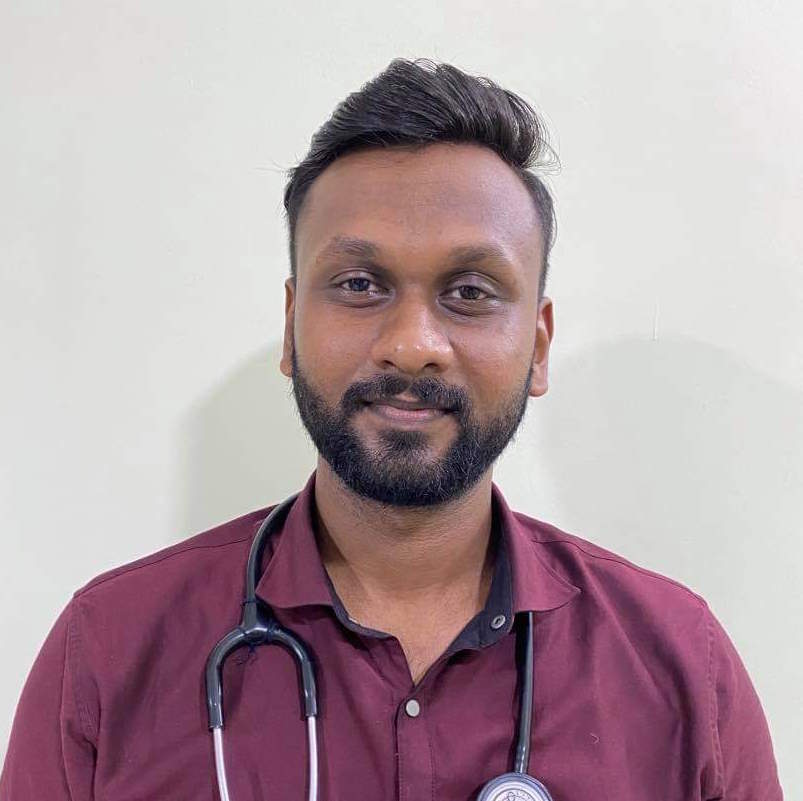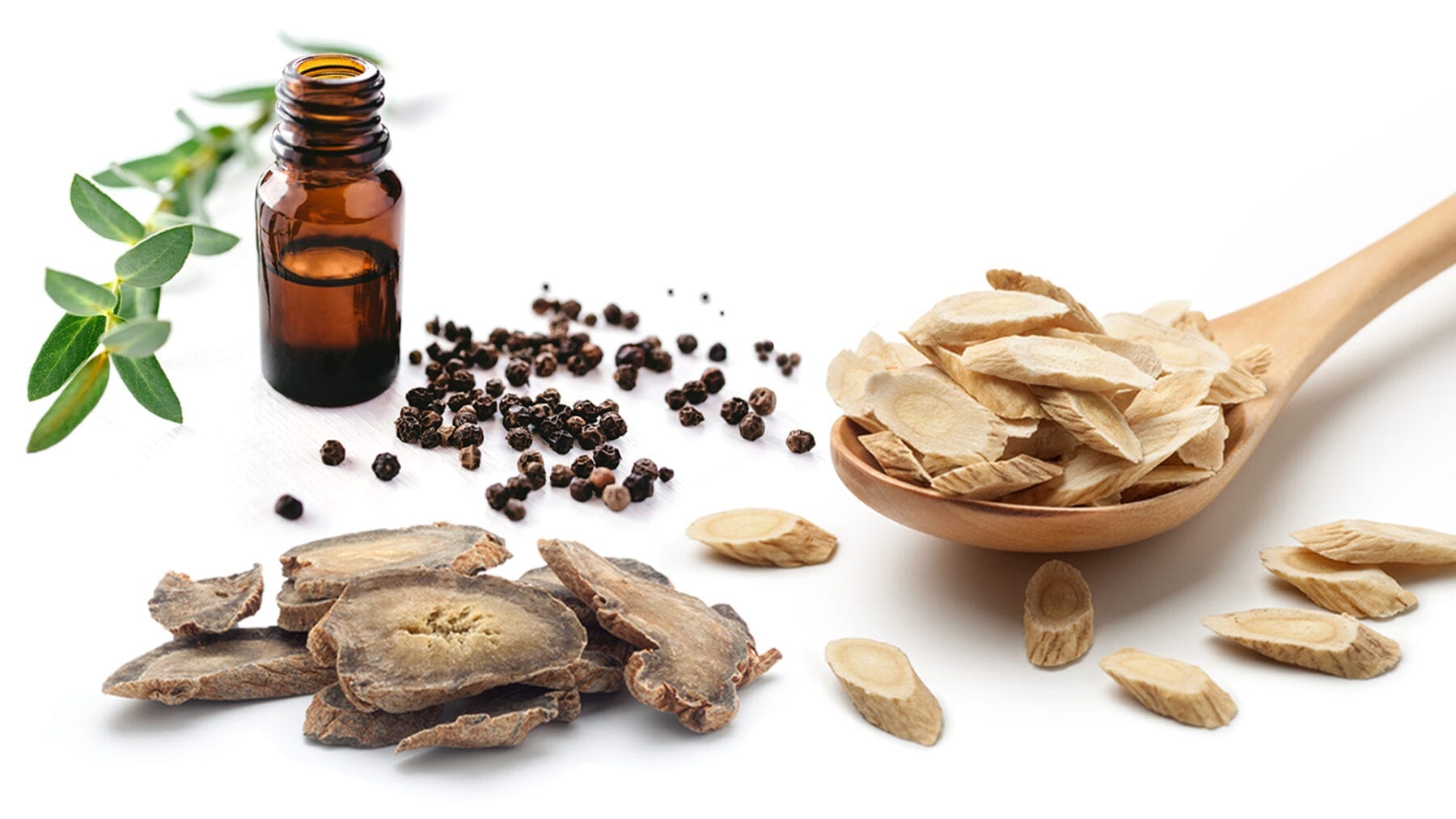
Written by Dr. Sapumal Edirisinghe
Bachelor of Medicine / Surgery (MBBS)
November 24, 2020
CATEGORIES
View All
BioWOW Foods® Safety/Quality
Full-Body Workouts
Healthy Eating
Joint Health
Self-Care Strategies
Supplements Guide
Featured Videos
Collagen, Vitamin C, & Vitamin E
Aging is an inevitable process. But there are times where we notice that we’ve aged more than we expected. Why is it that some people age faster than others? It depends on several factors like psychological stress, continuous exposure to UV light, overworking, and more. Anti-aging supplements can be helpful to slow the aging process. Aging becomes more noticeable when the appearance of the skin changes. Sagging, pigmentation, wrinkling, and many other skin changes may appear as a result of aging.
Sagging and wrinkling of the skin mainly occurs as a consequence of collagen breakdown. Collagen is the main fibrous protein in our skin. It helps to hold the dermis and epidermis. Collagen is also responsible for providing protein to bind the skin structures to nearby muscles. As humans age, collagen becomes less strong, and UV radiation and free radical formation break down the collagen.
As humans age, we are more prone to getting inflammatory joint problems like rheumatoid arthritis. Osteoarthritis is also another condition that happens mainly due to excessive movement in the joints. Destruction of collagen proteins in the joints and inflammatory mediators connecting to the joints can lead to chronic joint pain and deformities as well.
Pigmentation is a direct effect on UV radiation. UV A and B radiation damages our skin cells. As a protective mechanism our skin cells produce more melanin. Since melanin is the substance that brings dark color to the skin, dark skin is more protected against UV radiation compared to people with fair skin. UV radiation can cause unpleasant patchy discoloration on the skin.
Reactive Oxygen Species ( ROS ) is also responsible for changes in aging. ROS is produced as a by-product of cellular metabolism. Hydroxyl ions, nitric oxide ions, and peroxide ions are some these ROSs. They can damage healthy cells by oxidizing proteins and lipids in cell membranes. When we are young, our bodies can fight these ROS by excessively producing antioxidants. However, as we get older, this ability gradually reduces. Non communicable diseases like diabetes, obesity, and cardiovascular events are more common with age. All of these complications occur mainly as a result of excess inflammation going in the body as a result of ROS.
Supplements can be used to overcome these problems and promote anti aging. Collagen, Vitamin C, and Vitamin E are especially helpful to restore that youthful glow. The best part is, all of these supplements are all natural! They have less side effects than traditional prescription drugs. They also have a great bioavailability which makes them effective treatments for anti-aging.
Collagen
- Gives adequate nutrition to the skin.
- Promote skin hydration.
- Improves skin elasticity and density.
- Reduce skin roughness.
Vitamin C
- A co-factor in production of collagen endogenously.
- An antioxidant as a protection from UV light
- Promote genetic production of antioxidants.
- Improves wound healing and reduce scar formation.
- Provide protection from neurodegenerative diseases like Alzheimer’s disease
- Improves body immunity.
- Reduce atherosclerosis and control the incidences of cardiovascular events and cerebrovascular accidents.
Vitamin E
- Strengthen the keratin layer of the skin to protect skin from UV light.
- Reduce atherosclerosis
- Reduce oxidative stress and provide protection over rheumatoid arthritis like inflammatory joint diseases
- Protective against cataract and certain types of cancers.
References:
1.) Ruta Ganceviciene, Aikaterini I. Liakou, Athanasios Theodoridis, Evgenia Makrantonaki, Christos C. Zouboulis.(2012). Skin anti-aging strategies ( https://dx.doi.org/10.4161%2Fderm.22804 )
2.) Etsuo Niki.(2015). Evidence for beneficial effects of vitamin E ( https://dx.doi.org/10.3904%2Fkjim.2015.30.5.571 )
3.) Liane Bolke, Gerrit Schlippe, Werner Voss.(2019). A Collagen Supplement Improves Skin Hydration, Elasticity, Roughness, and Density: Results of a Randomized, Placebo-Controlled, Blind Study (https://dx.doi.org/10.3390%2Fnu11102494 )
4.) Saliha Rizvi, Syed T. Raza, Faizal Ahmed, Absar Ahmad, Shania Abbas, Farzana Mahdi.(2014). The Role of Vitamin E in Human Health and Some Diseases (https://www.ncbi.nlm.nih.gov/pmc/articles/PMC3997530/#__ffn_sectitle )
5.) Shailja Chambial, Shailendra Dwivedi, Kamla Kant Shukla,Placheril J. John, Praveen Sharma.(2013) Vitamin C in Disease Prevention and Cure: An Overview( https://dx.doi.org/10.1007%2Fs12291-013-0375-3 )
6.) Juliet M. Pullar, Anitra C. Carr, Margreet C. M. Vissers(2017). The roles of vitamin c in skin health (https://dx.doi.org/10.3390%2Fnu9080866 )
Collagen, Vitamin C, & Vitamin E
Aging is an inevitable process. But there are times where we notice that we’ve aged more than we expected. Why is it that some people age faster than others? It depends on several factors like psychological stress, continuous exposure to UV light, overworking, and more. Anti-aging supplements can be helpful to slow the aging process. Aging becomes more noticeable when the appearance of the skin changes. Sagging, pigmentation, wrinkling, and many other skin changes may appear as a result of aging.
Sagging and wrinkling of the skin mainly occurs as a consequence of collagen breakdown. Collagen is the main fibrous protein in our skin. It helps to hold the dermis and epidermis. Collagen is also responsible for providing protein to bind the skin structures to nearby muscles. As humans age, collagen becomes less strong, and UV radiation and free radical formation break down the collagen.

Written by Dr. Bal Krishna Subedi
Orthopedic Surgeon (MS)



